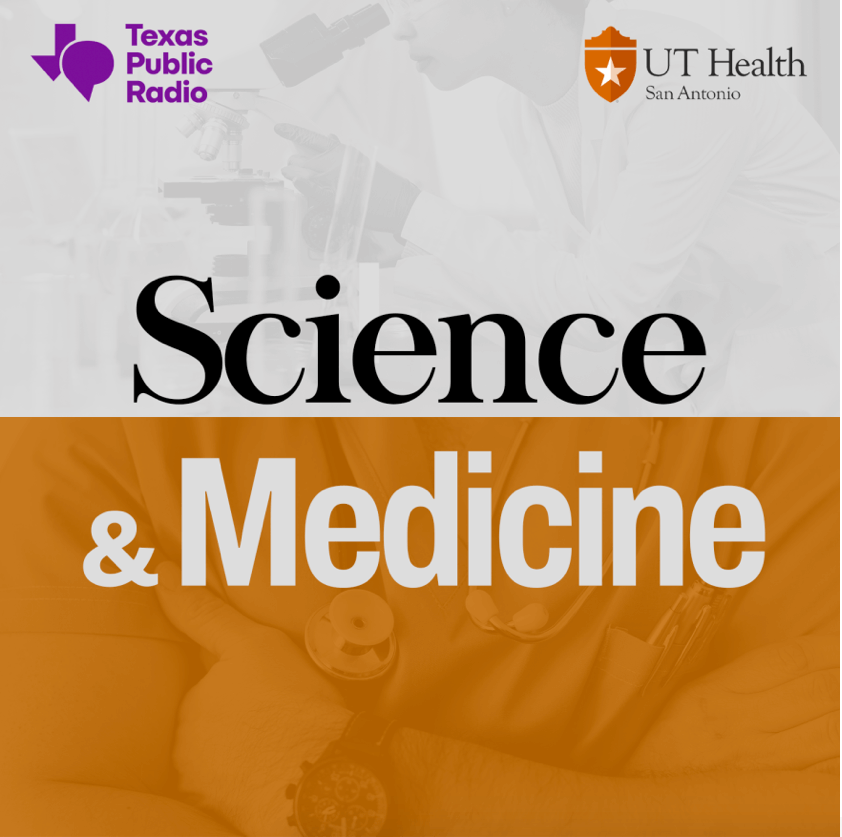Listen to Texas Public Radio’s Science & Medicine, a podcast that explains how scientific discovery at the UT Health Science Center San Antonio advances the way medicine is practiced around the world. Researchers have suspected that foods which cause inflammation speed up brain aging and cognitive decline, but UT Health San Antonio’s Debora Melo van Lent wanted evidence.
Many are aware of how important a healthy diet can be for our bodies, but proper nutrition is also essential for brain health. Debora Melo van Lent, PhD, is a nutrition scientist and epidemiologist at The University of Texas Health Science Center at San Antonio who has studied the way diet and nutrition affect brain health.
During her work with the health science center’s Glenn Biggs Institute for Alzheimer’s and Neurodegenerative Diseases, Melo van Lent used a tool called the Dietary Inflammatory Index to rank nutrients (e.g., vitamin D), macronutrients (e.g., total fat), whole foods and bioactive components (e.g., spices) consumed by participants in the Framingham Heart Study.

“Nutrients and foods either promote inflammation or protect against it,” Melo van Lent said. “The Dietary Inflammatory Index is a way to assess that in groups of people.”
Pro-inflammatory food parameters on the index include:
-Trans fat, found in food such as pastries, fried and fast foods.
-Saturated fat, present in food such as butter, pastries, fatty cuts of meat.
-Total energy intake.
Anti-inflammatory food parameters on the index include:
-Beta-carotene, found in food such as sweet potato, carrots and butternut squash.
-Dietary fiber, present it whole grain products, fruits and vegetables.
-Green and black tea.
Melo van Lent and colleagues suspect that foods that cause inflammation speed up brain aging and cognitive decline.
The team indeed found associations between Dietary Inflammatory Index scores and brain volume. Higher (pro-inflammatory) index scores were associated with smaller total brain volume as measured by magnetic resonance imaging (MRI).
Smaller volume is an indicator of brain aging. Melo van Lent and the team continue to study diets that might slow this deterioration and reduce the risk of dementia.
They are among the first groups to report on associations between MRI brain volume and higher Dietary Inflammatory Index scores. More studies are needed.


